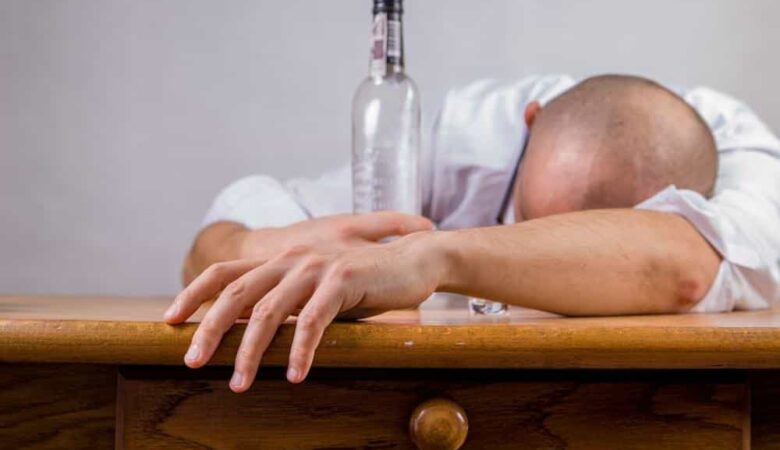Phases of Addiction – Chronic Phase
This phase of Addiction is characterized by noticeable physical, mental and social deterioration. There is a marked breakdown in relationship with family. ETHICAL BREAKDOWN The person starts telling lies to cover up his or her addiction and regarding money and time spent outside. They start borrowing money from near and dear ones and acquaintances. When borrowing also does not suffice they may even resort to stealing money. They will go to any extent and do not hesitate to break values or degrade themselves to get their quota of drinks or drugs. PARANOIA AND HALLUCINATIONS The person may start suspecting their spouse of infidelity without any basis. They may be afraid that others are plotting against them. They might experience hallucinations – see or hear things which are not present. The hallucinations can be visual, auditory or tactile. This marks a very serious stage of alcoholism and can lead to delirium tremens and even death. This usually occurs when the alcoholic stops drinking alcohol for a few days. LACK OF MOTOR CO-ORDINATION The person is not able to do simple things like even holding a cup of tea or a glass of water without spilling it. Routine tasks like shaving become impossible till the person steadies himself with a few drinks of alcohol. This is the stage when a vicious cycle sets in. The person uses alcohol or drugs to become ‘normal’. When he or she does not drink alcohol or use drugs he or she experiences withdrawals. THE ONLY SOLUTION TO THIS PROBLEM IS TO STOP TAKING ALCOHOL AND DRUGS TOTALLY.


